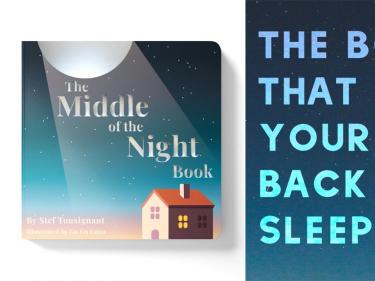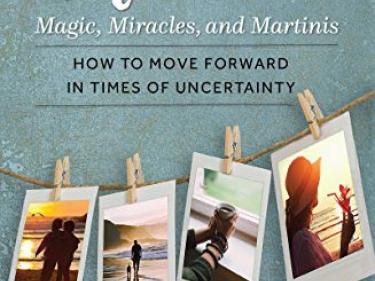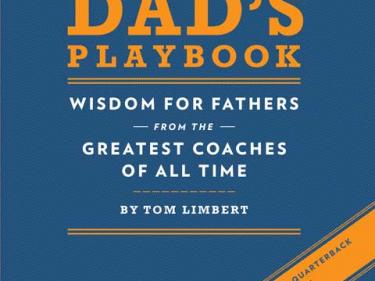Book Review: The Philosophical Baby by Alison Gopnik

Marin Mommies is happy to present the first in a series of book reviews by guest contributor Todd Pratum, literacy expert and founder of the the Pratum Children's Library in Ross.
Could it be, that in certain fundamental ways, ways heretofore never imagined by modern thinkers—but well imagined and known in times past, especially in pre-medieval and indigenous cultures—that babies and young infants are more loving, more sensitive, more altruistic than adults? That they are, in the words of author and psychologist Alison Gopnik in The Philosophical Baby: What Children's Minds Tell Us About Truth, Love, and the Meaning of Life (288 pages, Farrar, Strauss, and Giroux, 2009), “smarter, more conscious, more thoughtful than adults.”
Impossible? Preposterous? Delusional? Scientifically proven? This reminds of a famous line from Wordsworth, “The child is the father of the man.” While there are clunky dry passages where Gopnik is necessarily forced to present some particularly pedantic—but key experimental results, the bulk of this revolutionary book is wonderfully written, unveiling the most recent results of experimental child physiology, neurology and psychology, experiments most of which have only been conceived of in the last five years.
Have you been keeping up with experimental child psychology? With this book you can catch up effortlessly and enjoyably. Gopnik’s previous book, The Scientist in the Crib, (2000), was one of the most important books on early child development of that decade, and my bible when it came to reliable scientific knowledge of our youngest citizen’s minds. But here, emboldened by the commercial and academic success of that work, Gopnik takes us much further, deep into the mysteries of the baby mind.
And “mystery” is the best word she can come up with. For how else can we explain the results of experiments that prove babies as young as a few days old are clearly aware of the concepts of justice and fairness? Reading about that series of experiments alone was a spine tingling experience for me. I kept stopping and looking off into the distance, realizing I was on new and radical terrain here.
People, a revolution is underway in our understanding of babies and children, and Gopnik is at the forefront. She is known as one of our finest scientific journalists, especially when it comes to the arcana of experimental psychology, and a gifted scientific writer who can also weave in comical side notes. But being scientifically oriented we can’t blame her for failing to note that many of the results presented as recently understood were in fact discussed by early pedagogues like Homer Lane, Rudolf Steiner and Maria Montessori. But here we have scientific validation of those intuitions and personal experiences long ago.
Look for The Philosophical Baby at local libraries, bookstores, and Amazon.com.
The Pratum Children's Library is a new membership-only library for children, parents, and educators that aims to help children find and follow their passions by exposing them to a world of great books, literature, and nature. The library contains 5,000 children's books, including old and rare examples; 4,000 reference books; and 6,000 select books on education, parenting and childhood. For more information about the Pratum Children's Library, including membership rates, hours, activities, and more, visit www.pratumliteracy.com.





